Are Japanese Cars Really Reliable?

Japanese automakers including Toyota, Lexus, Honda and Acura are often seen as makers of long-lasting, reliable cars. But do all cars from Japanese automakers feature extraordinary reliability?
Gap has Narrowed
But Stephens explains that the gap has narrowed lately. This year, Daimler leads the charts, and GM is sitting in fourth place. Are the Japanese automakers slipping?
“Not exactly,” says Stephens, “but vehicles (from other brands) are improving year over year.” The industry as a whole has been improving she says. “Looking at tech and electronic in all cars, there used to be 155 problems per 100 vehicles,” Stephens says. “Now it’s down to 133 problems per 100 vehicles in 2014.”
Hanging on to Lead
Consumer Reports has a similar finding. Other vehicles are improving, but it’s still the Japanese brands that hold a strong lead. Of the 10 most reliable cars Consumer Reports lists, nine are from Toyota, Lexus or Scion. Furthermore Lexus, Toyota, Mazda and Honda hold the top four spots in the publication’s automaker reliability report.
If you look at the full list of the most reliable cars, 92 percent of them are from Japanese automakers.
Reliability not Region Specific
“Overall, Japanese manufacturers have been making very reliable vehicles, especially those from Toyota and Lexus,” says Anita Lam from Consumer Reports’ Automotive Data team. “But it doesn’t mean all Japanese models are reliable.”
According to Consumer Reports, Nissan and its Infiniti luxury brand are struggling.
Even Acura’s rating declined in large part because two very reliable cars – the TL and TSX – retired while the newly introduced RLX sedan and redesigned MDX SUV were merely average in their first year, according to the survey.
“Your odds might be better with the Japanese automakers,” says Lam but it’s certainly not a surefire bet. If you’re looking for your best chances, the publication clearly singles out Toyota and Lexus cars as the best.
How did They Come to be so Good?
“[They] strive to building vehicles of high quality rather than excitement,” says Lam. “One reason why they can achieve this high reliability is, perhaps, they introduce new technologies slowly and on proven platforms.”
Look at how Toyota still manages to sell cars with ancient four-speed automatic transmissions or engines that have been in use for several years. “Their redesigns are seldom a drastic change from previous [products]” says Lam.
“[In] contrast, other manufacturers will redesign or launch a new model from [the ground] up, and introduce new technology at the same time,” says Lam. These new generation models can be a headache for reliability, but automakers tend to patch things up in following years.
Going Japanese?
That follows the longstanding advice of never buying a first generation product. But very few of the products Toyota and Lexus sell are totally new. Even the latest Toyota Camry, with 2,000 new parts, still sports the same drivetrain as the last generation product from 2007.
The new Corolla also offers the same engine and transmissions as the last generation model although a new revised version of the engine with direct injection is also offered, mated to a new CVT.
The company clearly shows restraint in changing its products, which helps preserve its high reliability rating.
Few automakers maintain such a slow pace in adopting new trends. Honda also makes very slight changes to its core vehicles as well, which help bolster its reliability ratings.
Furthermore, a company that spends more time and money engineering products to last tend not to abandon or replace them quickly.
Stephens sums it up nicely. “Devotion to quality and reliability isn’t region specific,” She says. “It’s a brand mentality.”

Sami has an unquenchable thirst for car knowledge and has been at AutoGuide for the past six years. He has a degree in journalism and media studies from the University of Guelph-Humber in Toronto and has won multiple journalism awards from the Automotive Journalist Association of Canada. Sami is also on the jury for the World Car Awards.
More by Sami Haj-Assaad



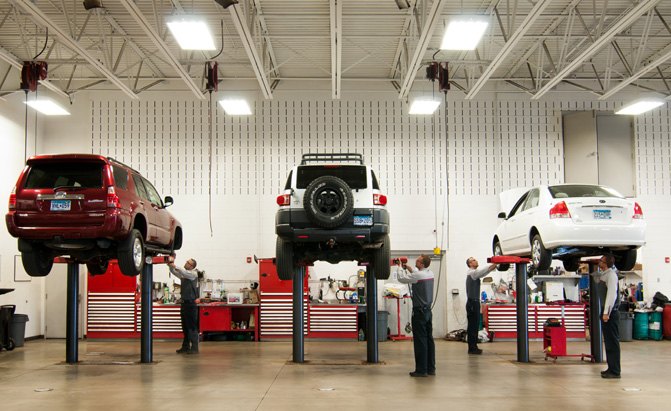

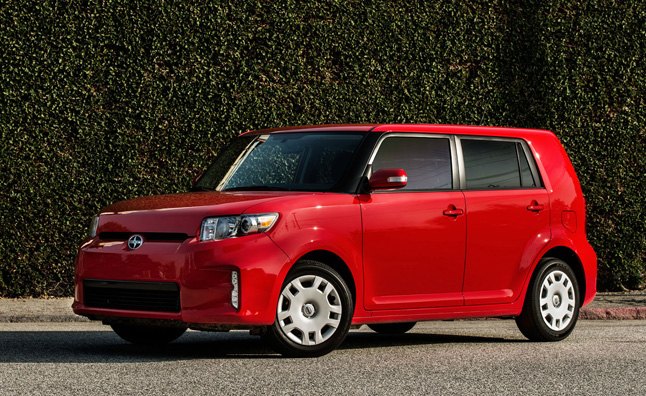








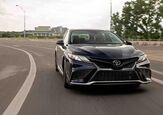








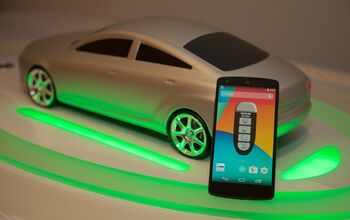
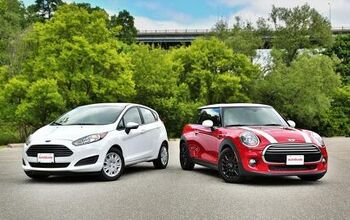
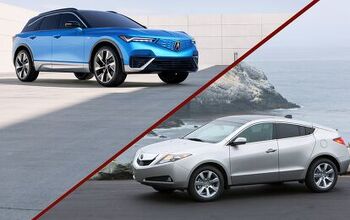

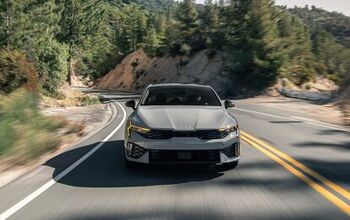



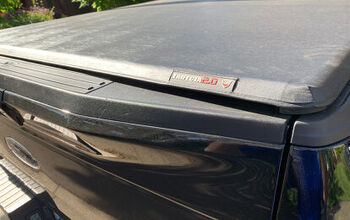
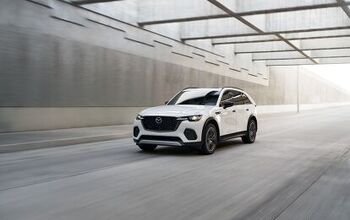


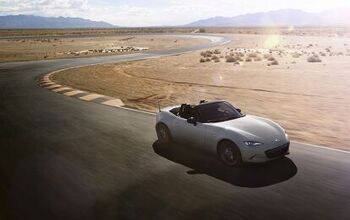

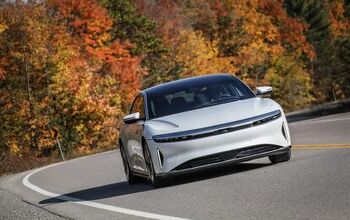
Comments
Join the conversation
Jap all the way...n13 pulsar nissan...flogged the gutts out of it 330,000 kms later put new engine in still going today..mazda 323 astina 1990...still going today...the only other car i can vouch for is the i6 au ford ...1 million kms...but she sux like no tomorrow!!
JAPANESE CARS ARE VERY REALIABLE! AMERICAN CARS ARE GARBAGE!